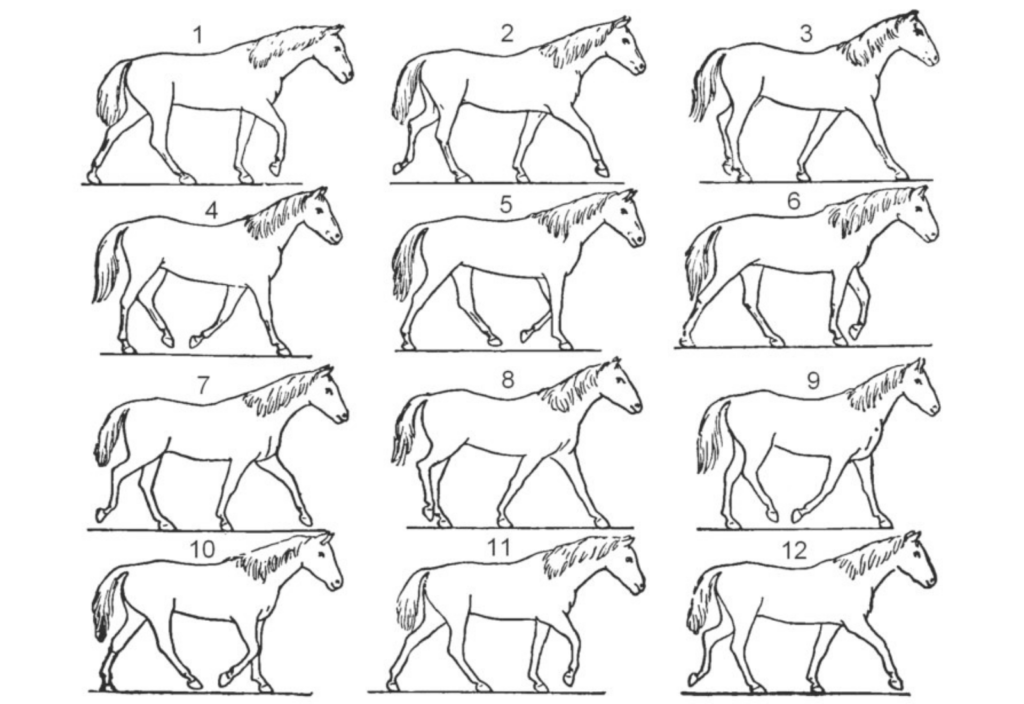The purpose of a trademark, from both a legal and branding perspective, is to identify the source of goods. It follows, therefore, that the best trademarks are both memorable and distinctive. You want people to associate your brand with your company, not confuse your brand with other brands. You also want to make sure your brand is more than just a description of the product.
The latter issue seems to trip up a number of companies. If you have a cleaning product, you can call it “The Best Household Cleaner” but you can’t register that as a trademark because “Household Cleaner” is just a description of the product and “The Best” is (in theory) descriptive of the product’s performance. Look at it from the perspective of other market participants: if you could register “Household Cleaner” as a trademark, that means no one else could use the term “household cleaner” on their products and that wouldn’t make sense at all. The same logic applies to the phrase “The Best.”
In China, trademark examiners have always been strict on the issue of descriptiveness; they will reject anything remotely descriptive, whether it’s descriptive of the product, the materials used to make the product, or the function of the product. Chinese trademark examiners will also reject many trademarks that in the US would be considered suggestive (and therefore distinctive enough to be registered).
When we inform clients that their trademark will most likely be rejected by the Chinese Trademark Office (CTMO) as being descriptive, many respond by saying that they can’t or won’t change their trademark (some are already selling products bearing the mark) and they want to know what their options are, because they are still concerned about protecting their mark from trademark squatters in China.
The odds are the same no matter who files for a mark: the “real” company or a trademark squatter. And while the odds are low for descriptive (or suggestive) marks, they are not zero. So should you still try to register a descriptive mark? If you try and fail, it will give you a small amount of added protection, as the decision would be accessible to a trademark examiner. That said, neither the CTMO nor Chinese courts are bound by prior decisions so it’s not guaranteed that a trademark squatter’s future application would be rejected on the same grounds. It’s likely, but not guaranteed.
The most likely outcome with a descriptive mark is that the application would be rejected initially and every time thereafter, which would mean that the trademark would effectively be in the public domain in China. Everyone would be free to use the mark, and no one would be able to stop anyone else from using it. If a company’s sole concern is being able to export safely, having an unregistrable trademark is probably okay. But if the company ever wants to market or sell in China, then it could have a thousand copycats and couldn’t do a thing about it.

























